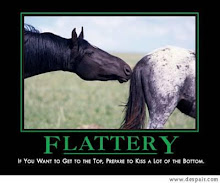If a stable is regularly cleaned and the base allowed to dry out or even limed a stable should not be overly smelly, even with a fresh "wet spot" that's been uncovered shouldn't make your eyes water. If it does then there may be a problem!
Recently I started work for a new client and one of her horse's stables is almost bucket worthy ( as in I need a bucket as I am going to be sick) with an overpowering ammonia smell. At first I just thought that the last person to be cleaning the stables hadn't taken the wet out, so I set to and cleaned it all out. Next day the smell is still putrid and nearly burned my eyes out of their sockets when I uncovered the wet. So what's the probable answer? Excess Protein.
So many horse owners believe protein = energy, it is the one thing about feed that makes me want to strangle people. I like to tell them that when they eat a steak do they want to run up the walls??? Or maybe is that when they drink too much red cordial and eat too many sweeties? Protein helps build muscle and is utilised, but not stored, by the horse. Excess protein is broken down into ammonia and excreted through urine. Too much protein in the diet and your horse's wee will be evil enough to strip paint off your car.
So if your horse's wee smells like your bathroom cleaner then maybe it may be time to re-evaluate your feeding regime!
If you'd like to learn more:
